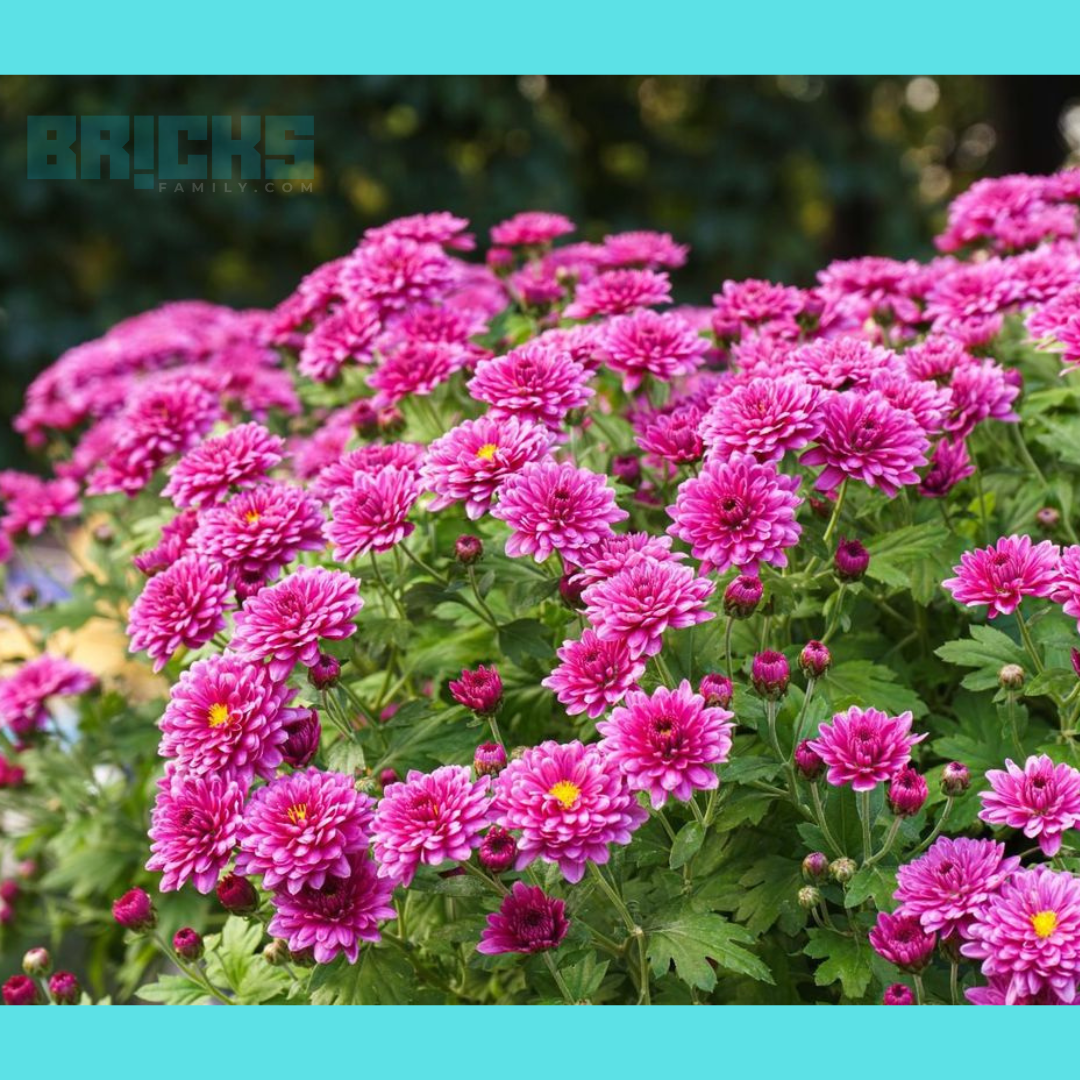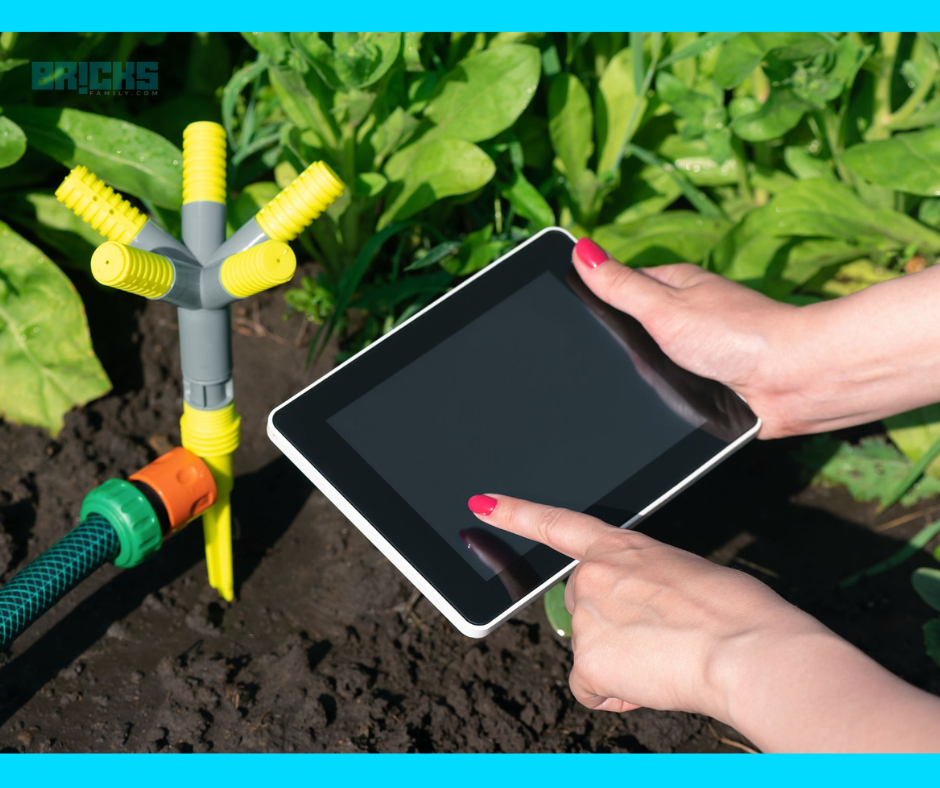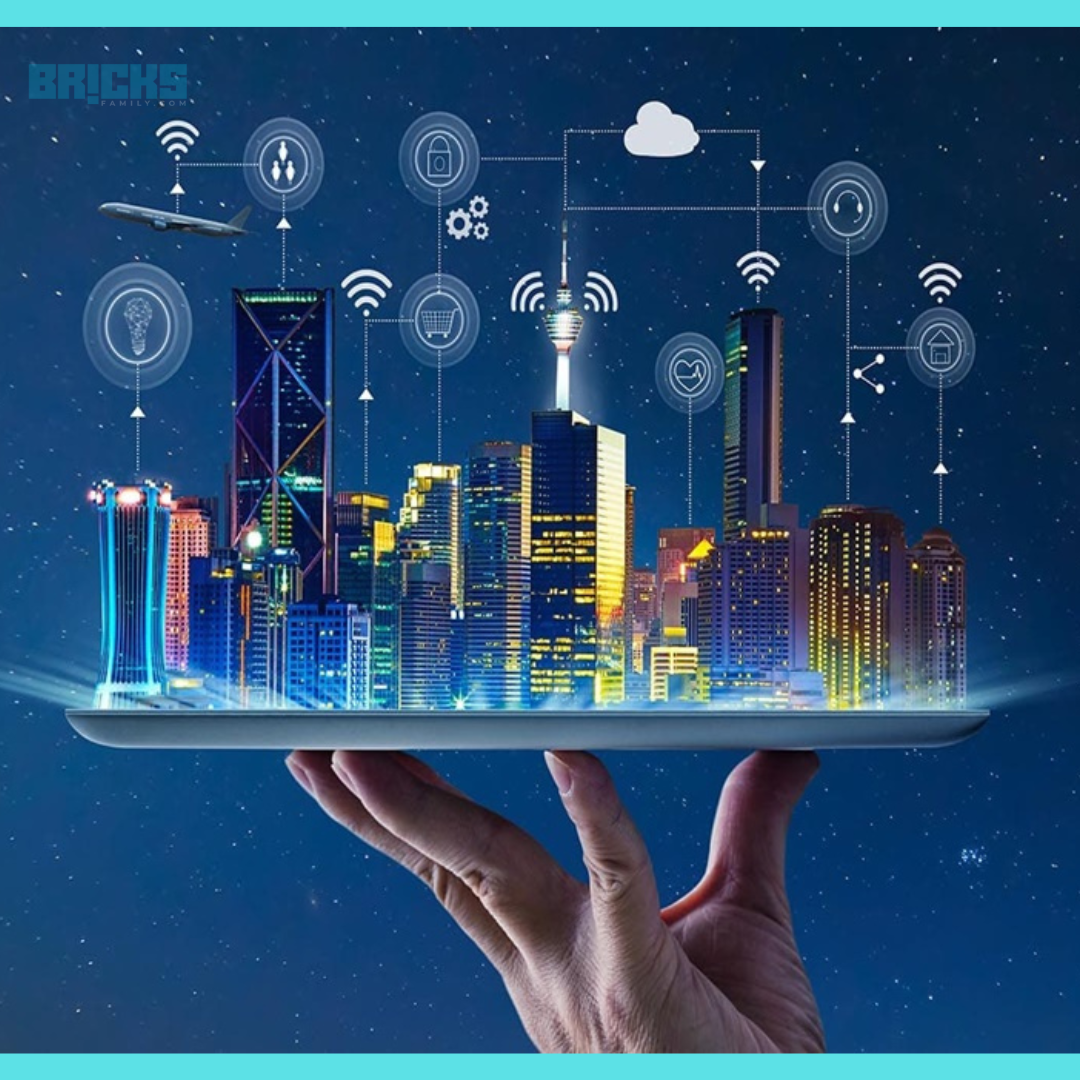Over the years, cities have been creative in acquiring water. The Mayans built underground storage chambers, while the Romans constructed aqueducts. Today’s cities use a range of technologies to conserve supplies. These include customized toilets and centrifugal pumps. Future cities will have to be even more innovative. Let’s see about ‘Smart’ Water for Smart Cities | What is Smart Water.
What is Smart Water?
Smart water is one of six components that make up a smart urban area. Mobility, energy, public service, buildings, and integration are the other five elements that make up a smart city. Water World says these activities are designed to improve the quality of life and make the city more sustainable and efficient. Smart water refers to a holistic management strategy that addresses this irreplaceable resource, as well as the infrastructure that supports its purification, distribution, and storage.
Every city is unique when it comes to planning for these problems. Every city is unique when it comes to planning for these problems.
Sustainable Water Management in Smart Cities: What is it?
A recent United Nations report on drought shows that changing weather patterns are making droughts more frequent, more severe, and more persistent. This is increasing food insecurity and poverty. Cities will experience increased smart water demands from different sectors as they grow, including residential, industrial, and ecological. Smart city planners need to plan for the next five-ten years, and possibly even the next century.
India’s existing water and wastewater infrastructure is susceptible to technology like artificial intelligence, big data, and the Internet of Things (IoT). Smart cities need to ensure that everyone has enough water, as the majority of India is suffering from water stress. There are many proactive ways to improve the water situation. These include recycling, upgrading the distribution network, wastewater treatment facilities, and desalination. Let’s look into detail: “smart” water for smart cities. What is Smart Water?
Smart Water Recycling
Smart water Cities must be sustainable and efficient to make the most of their resources. Smart cities must recycle water.
Why not reuse water in the same way we recycle plastics and metals? Multi-use strategies are possible because not all activities require drinking water. Many of these needs can be met by greywater, which is recycled water that has been treated without waste. It is possible to reuse up to 75% of residential greywater.
Smart water is used primarily for drinking, bathing, and cooking. It is then used for general cleaning, washing dishes, and clothes, as well as flushing. The water is then treated again before it can be used for gardening and farming. RWAs are responsible for the maintenance of treatment facilities.
Smart Cities Wastewater Treatment
The groundwater table has been rapidly declining over the last few years due to poor extraction practices and excessive use. The need for efficient wastewater treatment in smart cities throughout the country has increased. India can treat 37% of all the wastewater it produces daily. Smart water cities can set up wastewater treatment plants equipped with the technology necessary to efficiently manage municipal garbage. Based on the different amounts, people and organizations can set up wastewater treatment facilities at different scales within their buildings. Singapore is an excellent example of smart water management. Smart water management strategies have helped the country meet 40% of its water needs.
Water Metering and Governance
Smart water is often underestimated by people. Smart meters will allow for real-time measurements and an understanding of water usage patterns in smart cities. This will improve budget allocation, management, and water governance. Smart meter-based water distribution systems have been adopted by cities such as Chandigarh, Pune, and others. The Pune Municipal Corporation has installed 275,000 smart water meters over the last three years.
These meters can also be used to ensure that water is being used correctly. They may be penalized or rewarded depending on the type of consumption they make. Smart water meters can also be used to control water use for other activities, such as car washing or gardening. They can also limit water consumption during extreme weather conditions like droughts.
Smart Cities: District Cooling
This is a viable alternative method for cooling large spaces efficiently and sustainably. Smart water solutions, such as intelligent pumps that adjust to the liquid’s speed, flow, and temperature, can simplify HVAC applications in smart cities.
District cooling was first used in India at Rajkot’s GIFT city center. This has helped them to save significant water and energy. District cooling is also being considered in Amaravati and Thane.
An integrated approach to water sustainability
An integrated approach to wastewater and sustainable water treatment can help create a framework for smart cities. It promotes better water resource management for many uses. It creates an ecosystem that encourages stakeholder participation and promotes public-private partnerships for smart city water infrastructure projects.
Also Read: Key Differences between Flat and Apartment | Flat vs Apartment
Similar Topics: Why is solid waste management a herculean task for Indian cities










